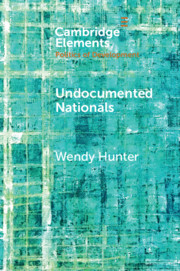During a 2014 security operation in Kenya known as Operation Usalama Watch, Somali refugees spoke of money as their only valid ID, knowing that only cash, in contrast to identity documents, would be accepted by police and military. The article argues that such extortion should not be interpreted uncategorically as an example of refugees’ exclusion from state-derived citizenship rights. Rather, by paying bribes to resist forced removal from Nairobi, Somali refugees constructed a global diasporan identity tied to free flows of capital. By using money as a substitute for identity documents, refugees appealed to a notion of rights untethered to the state. At the same time, by speaking of money as their government, they articulated a critique against a political system that excluded them.
